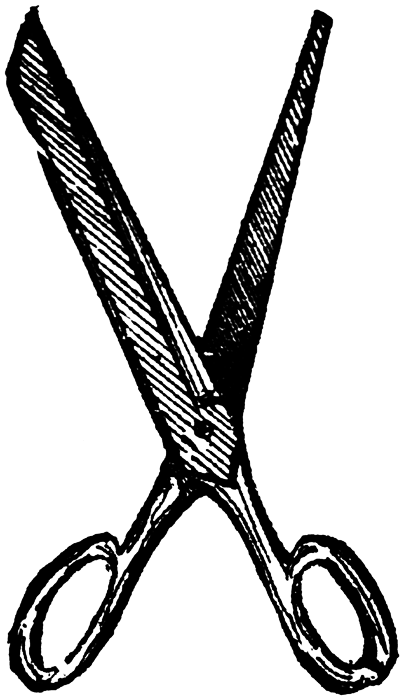On ITV's 'Tonight' programme aired on 30th October, it was revealed that "17 million adults in England have a competence level with numbers roughly equivalent to that expected of children at primary school", and it's costing the British economy an estimated £20 billion every year!
Our philosophy at Steam Powered Stories in our administration of the What you say COUNTS! scheme, is that everyone can be good at maths, whether you are 7 or 47, and it is never too late to stop saying you CAN'T do maths and start believing you CAN!
What you say does actually count when it comes to speaking to your child about maths, if you speak negatively, perhaps you say in passing, " I can't do maths", "I was terrible at maths in school", your child will start believing they can't do maths too.
What you say does actually count when it comes to speaking to your child about maths, if you speak negatively, perhaps you say in passing, " I can't do maths", "I was terrible at maths in school", your child will start believing they can't do maths too.
MIKE ELLICOCK, CHIEF EXECUTIVE, ‘NATIONAL NUMERACY' CLAIMED-
"We think the biggest challenge overall is that it's socially acceptable in this country to say ‘I can't do maths’…We know for example from international research that good numeracy is the best protection against unemployment, low wages and poor health... maths is absoultely crucial to your everyday life chances".
To help support the younger generation so they can develop their maths skills, we come directly to schools and work alongside pupils through our various workshops and projects, that are maths focused, that are fun, and are more importantly educational!
To find out more about our workshops, head up to the top of our blog page, and click the 'What do we offer' link. If you'd like your child's school to take part in one of our projects, or even perhaps you would just like a chat about the What you say COUNTS! scheme, feel free to call us on 01685 872385, you can also tweet us @SteamStories, or message us on facebook at facebook.com/SteamPoweredStories
For you, the parent, start believing you can do maths today by trying out the Telegraph's new quiz, designed to put your maths skills to the test! Try it out for yourself now, or involve your child when they get home and answer the questions together :)
Thanks for reading!
To try the quiz today click the link below-
the http://www.telegraph.co.uk/education/educationquestions/11189665/Can-you-pass-primary-school-maths.html
To watch 'Tonight- Trouble with Numbers' or to find out more about the programme, click the link-
To help support the younger generation so they can develop their maths skills, we come directly to schools and work alongside pupils through our various workshops and projects, that are maths focused, that are fun, and are more importantly educational!
To find out more about our workshops, head up to the top of our blog page, and click the 'What do we offer' link. If you'd like your child's school to take part in one of our projects, or even perhaps you would just like a chat about the What you say COUNTS! scheme, feel free to call us on 01685 872385, you can also tweet us @SteamStories, or message us on facebook at facebook.com/SteamPoweredStories
For you, the parent, start believing you can do maths today by trying out the Telegraph's new quiz, designed to put your maths skills to the test! Try it out for yourself now, or involve your child when they get home and answer the questions together :)
Thanks for reading!
To try the quiz today click the link below-
the http://www.telegraph.co.uk/education/educationquestions/11189665/Can-you-pass-primary-school-maths.html
To watch 'Tonight- Trouble with Numbers' or to find out more about the programme, click the link-
http://www.itv.com/news/2014-10-30/tonight-trouble-with-numbers/







.png)




